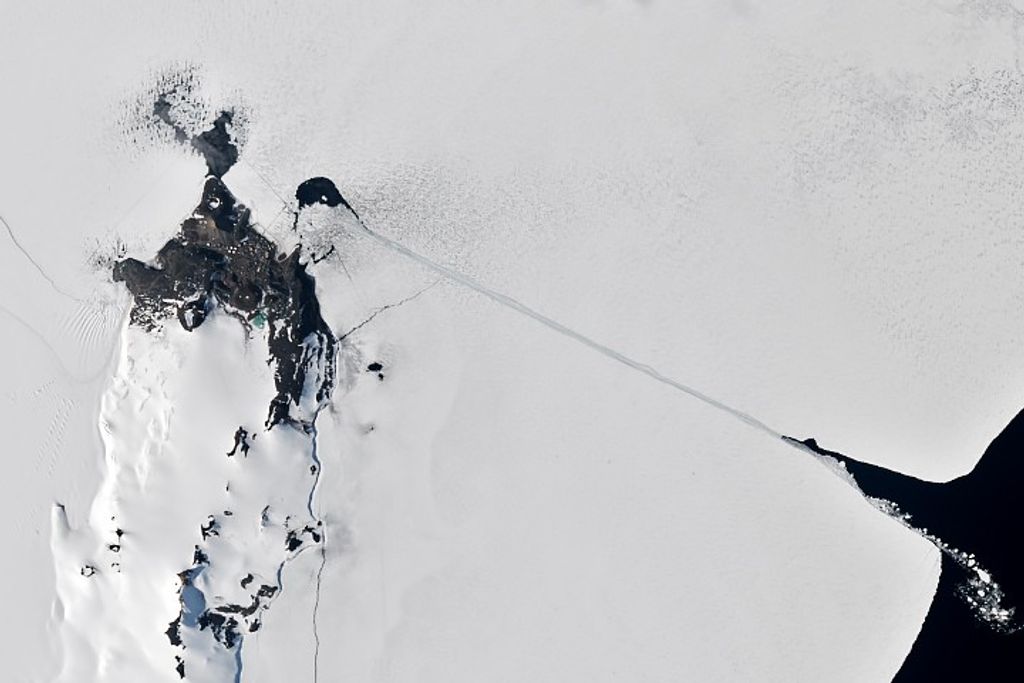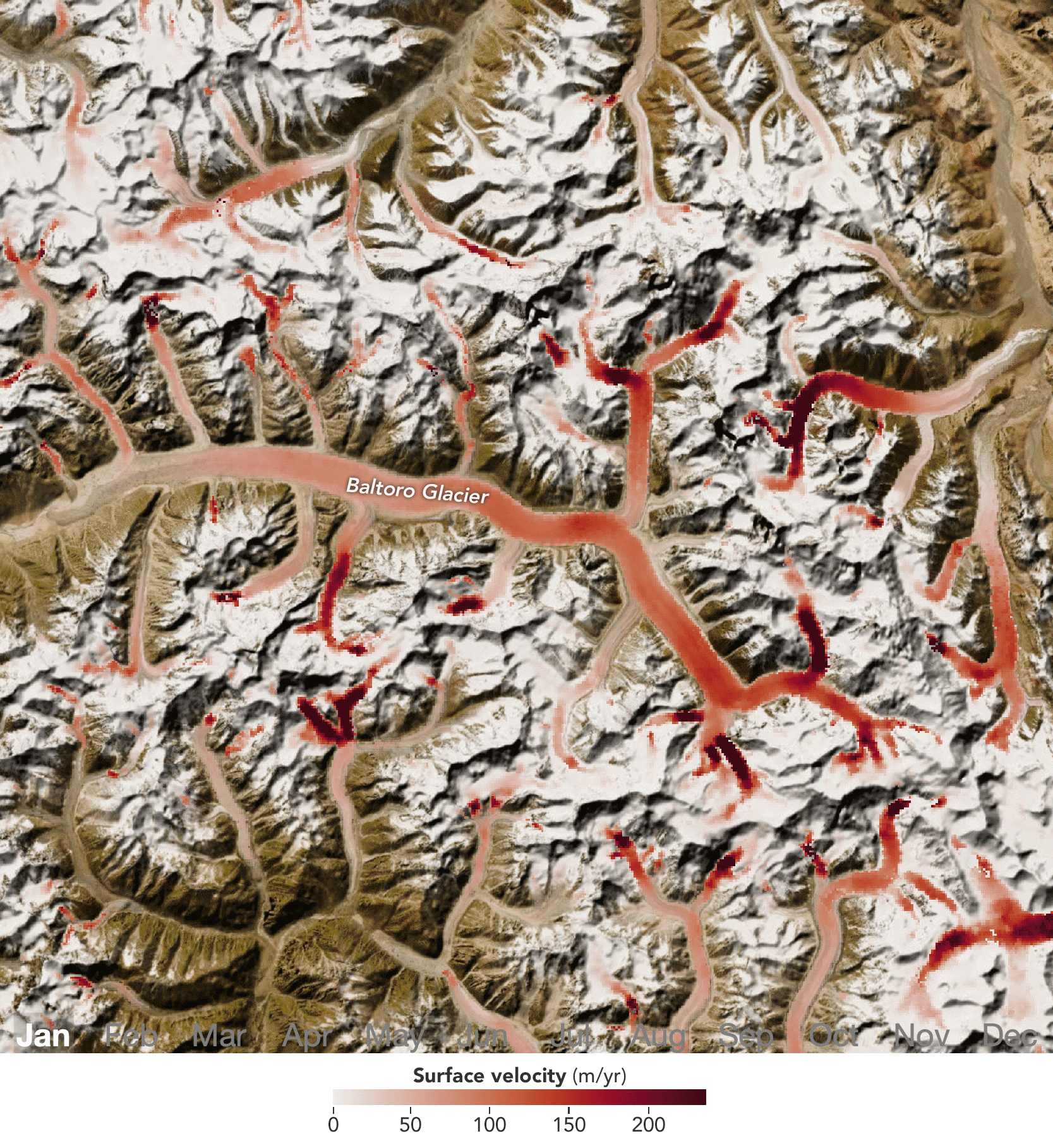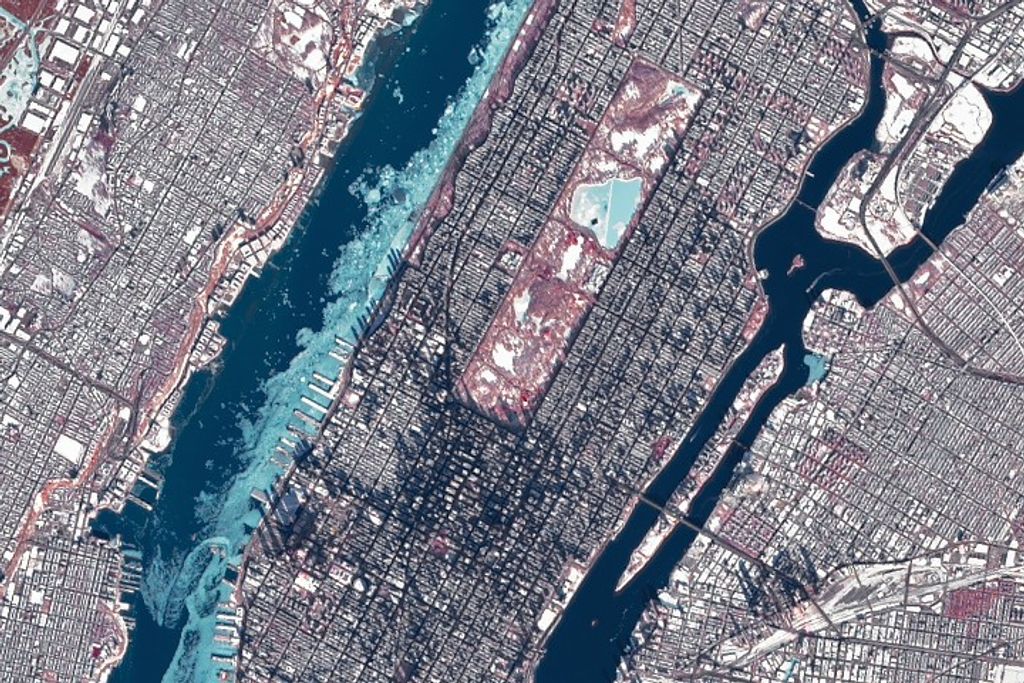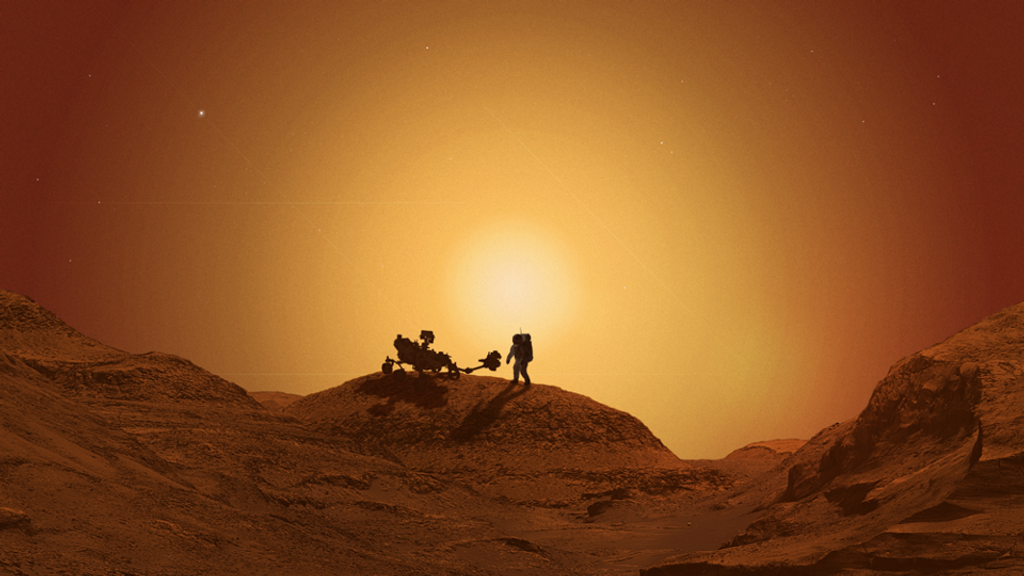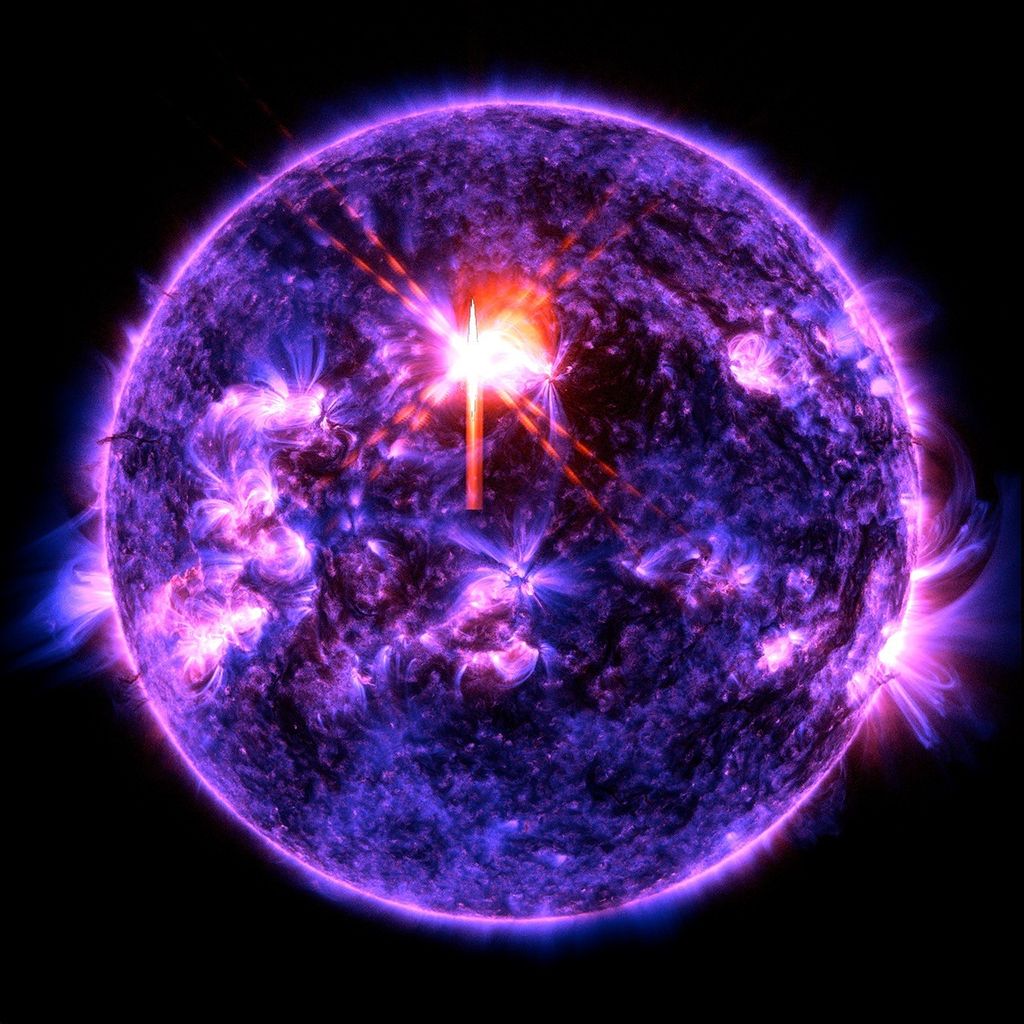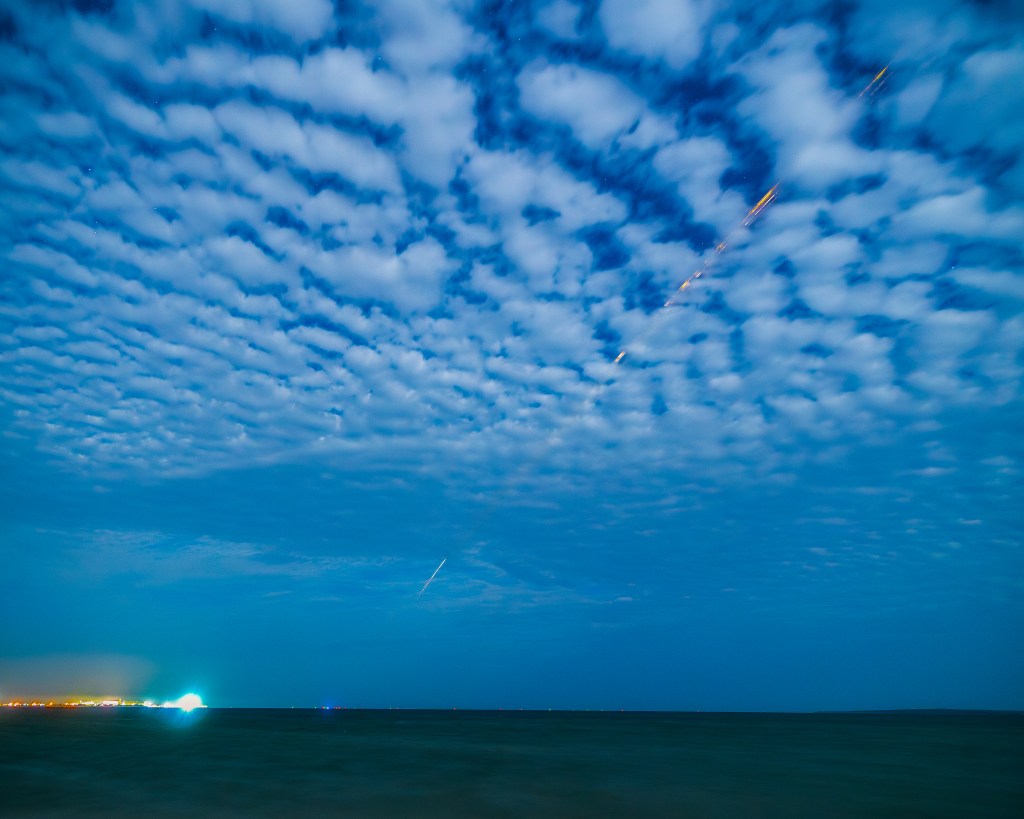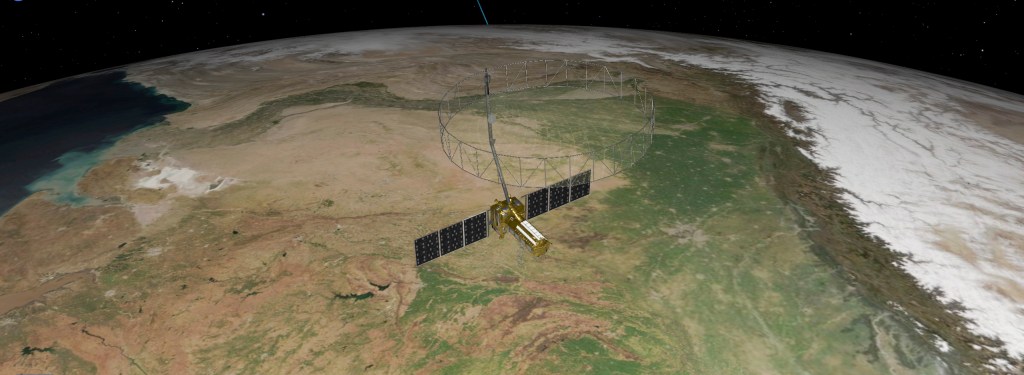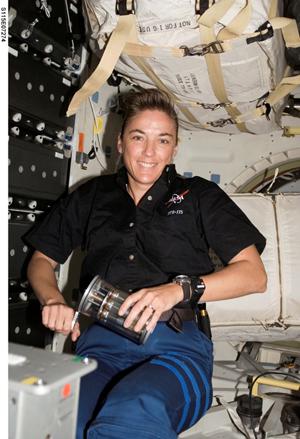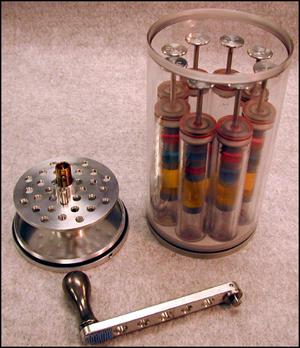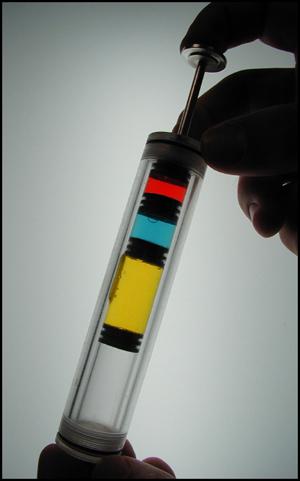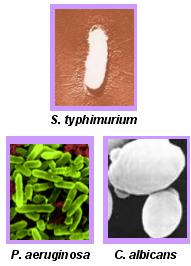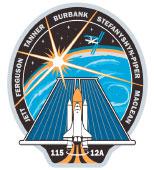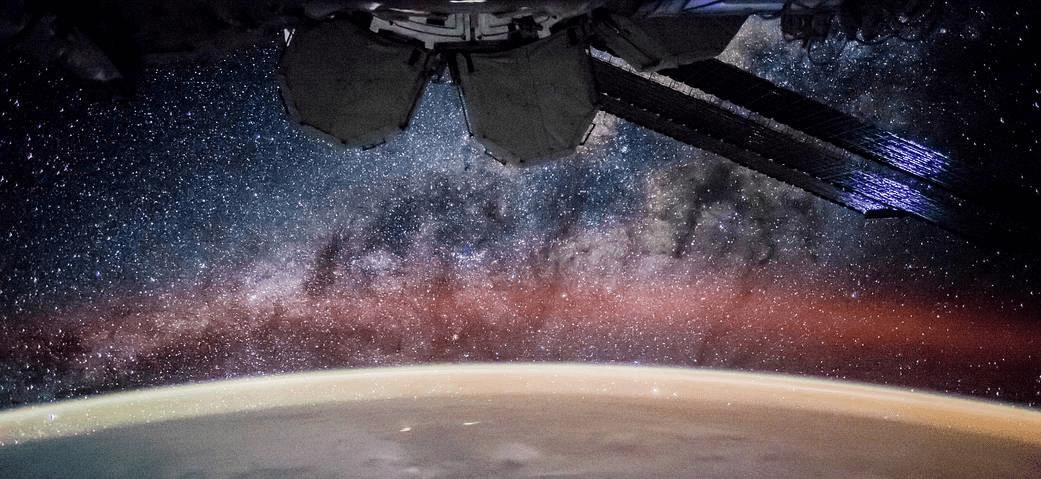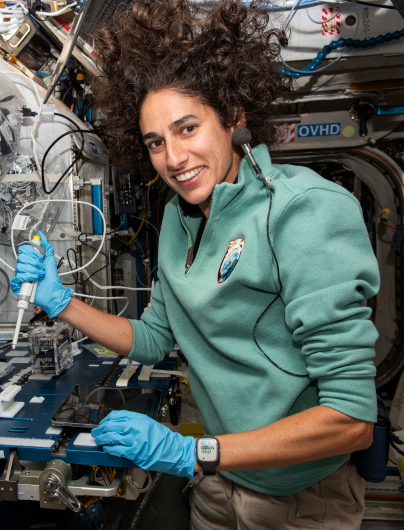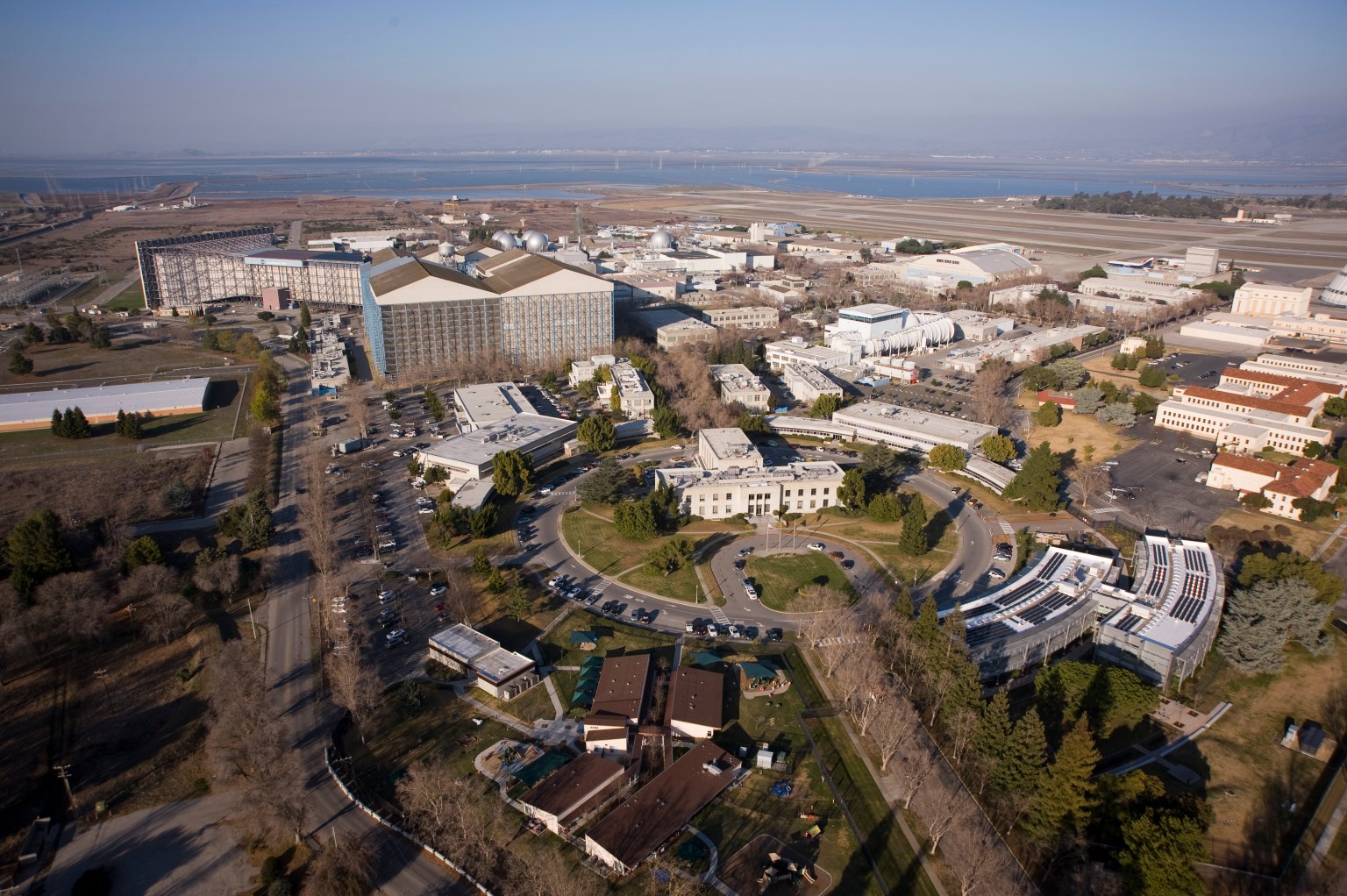Microbe (STS-115)
Effect of Spaceflight on Microbial Gene Expression and Virulence
The Microbe experiment was performed in September 2006 during the STS-115/12A mission to the International Space Station.
The Microbe experiment tested three microbial pathogens, Salmonella typhimurium, Pseudomonas aeruginosa, and Candida albicans, to determine the effect of spaceflight on microbial virulence and gene expression. Initial data from S. typhimurium showed that a total of 167 genes were expressed differently in flight when compared with ground controls. The data indicate that bacteria respond to the microgravity environment with widespread alterations of gene expression (process by which deoxyribonucleic acid, DNA is made into a protein), alterations in microbial morphology (shape and form of microbes) and increased virulence (disease causing potential).
The hardware system used was the Group Activation Pack from BioServe Space Technologies at the University of Colorado, Boulder.
Flight Operations Summary
Aboard the space station the experiment was activated by use of a hand crank that was installed onto the top of the Group Activation Pack hardware and turned 30 to 40 times by an astronaut crew member. Turning the hand crank moved septa that separated the microbial cultures from the growth media, initiating culture growth. After a growth period of 24 +/- 2 hours, station crew again installed the hand crank, turned it 30 to 40 times, which moved septa allowing the liquid in the termination chamber to mix with the microbial cultures, terminating the experiment.
Results Publications
Space flight alters bacterial gene expression and virulence and reveals a role for global regulator Hfq. Wilson JW, Ott CM, […] and Nickerson CA. Proceedings of the National Academy of Sciences of the United States of America. 2007;104(41):16299-16304.
Payload Team
Principal Investigator: Cheryl Nickerson, Arizona State University
Project Manager: Steve Hing, NASA, Ames Research Center
Project Scientist: Paula Dumars, Lockheed Martin, Ames Research Center
Payload Manager: Mark Rupert, BioServe Space Technologies
For more information, see the Space Station Research Explorer Microbe mission.

